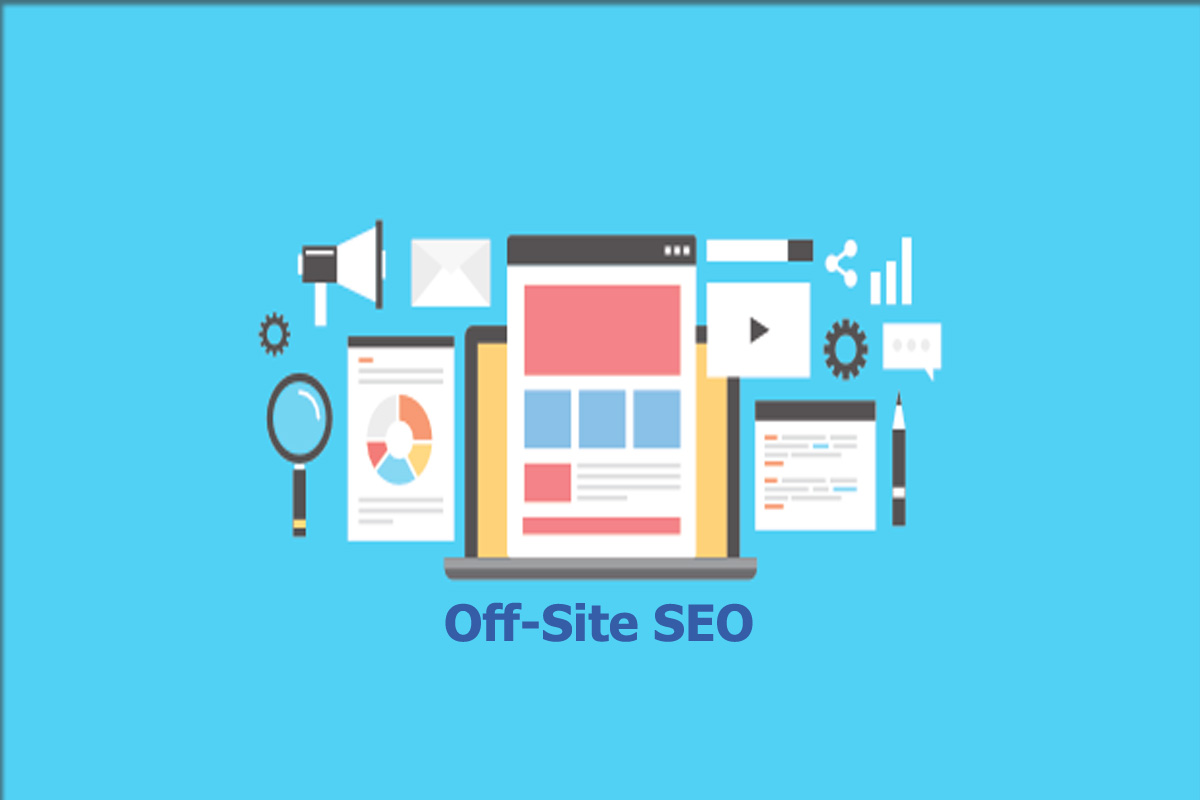What is Off-Site SEO?
Introduction
Off-site SEO is also called off-page SEO. We can define it as the actions taken outside the website to improve its ranking within the SERP (Search engine result page). Same as on-page SEO, off-page SEO has several factors.
Optimization of off-site SEO will help your website improve the search engine and the users’ view of the page’s authority, trustworthiness, relevancy and popularity. Now you can achieve all these with the help of reputable places like the internet, sites, people, pages etc., where you can link or even promote your website and successfully assure the content quality.
Importance of Off-site SEO
Google keep changing the search algorithm and ranking factors, but one thing that is constant is trustworthiness, relevancy and authority. If you maintain these things, you can rank easily on search engines. This is why off-site SEO is crucial.
As we all know, google keeps updating its algorithm, and we will never know what we need to do to satisfy Google’s algorithm. We keep learning things as we move forward. But some studies show that off-site SEO carries more than 50% of the ranking weight.
How Can You Do Off-Site SEO?
Improving off-site SEO requires enhancing your search engine and the users’ viewpoint. So for this, you need to get links from different other sites means external links or backlinks. But these links should be from trustworthy and relevant websites.
Having links from outside your website will give your brand authority, shares of your content, and confidence. We hope you get the idea of improving your search engine with the help of off-site SEO.
Links and Off-Page SEO
Having backlinks on your web pages is necessary since it is the heart of off-site SEO. In addition, Google search engines use backlinks as a sign of good quality content. Now, this is obvious that backlinks will help your website rank better than websites without backlinks.
Basically, there are three types of external links. You can define them based on how they are given:
- Natural Links
- Manually Built Links
- Self Created Links
Natural Links: These links are editorial and are given without any action from the page’s owner. Suppose, for example, a Skincare blogger adds a link that points to their skincare products. This is called a Natural Link.
Manually Build Link: These links are purposely added through link-building activities. For example, suppose you want customers to link to your website or ask influencers to share your content or pages.
Self-Created Links: It is simply adding backlinks to blogs, directories, or even a press release with improved anchor text. Be careful with self-created links because they tend black hat SEO and are also glared upon by search engines.
No matter how many links are obtained, those that offer a fantastic contribution to the SEO are the links that pass the most equity. Other things that also contribute to equity are:
- Use of Anchor text in the link
- Trustworthiness of the linking site
- The relation of the topic from the linked page to the linking page
- The number of backlinks.
- Authority of linking page and the domain.
- The popularity of the linking site.
Non-Links Related Off-Site SEO
Anything you do off your website for your website will help you improve your ranking position in the search engine. And earning external links is the easiest and quick way to practice an off-page SEO strategy. So the things in the non-linking related off-site SEO are:
- Guest Posting
- Influencer marketing
- Brand mention
- Social media marketing
It is essential to create a reference to your sites from somewhere else’s website, like the mention of your brand or website, link or other things. Now we all know this concept is a non-linking related off-page SEO and is a bit contradictory.

